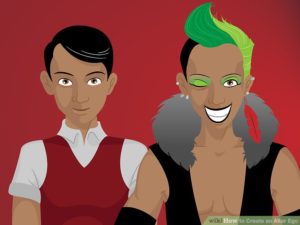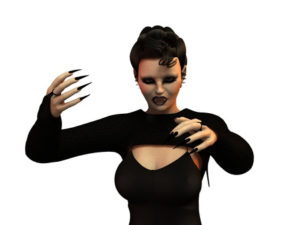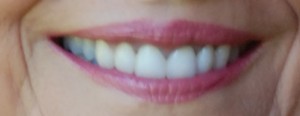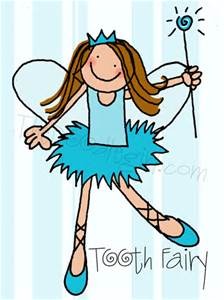Thank goodness we are not held accountable for the things we do in our dreams! Most of us have indulged in violent or antisocial behavior, been promiscuous, or conducted a business meeting topless! These images can be frightening and shame producing if we identify with the self who shows up in the dream.

Identifying with the figure who represents you in a dream sometimes makes it impossible to deepen the understanding of the message of the dream because you feel so squeamish about what happened in the dream. The most important thing to remember is that the figure who is YOU in the dream is not actually YOU. That figure represents the current state of identity–the YOU you know yourself to be today or the night you had the dream.Many times the dream is the harbinger of new and unfolding aspects of identity. Those emerging aspects of self are always frightening or disgusting or upsetting to the self you are today. For example, a woman who was very quiet and retiring was on the cusp of speaking up more for herself. She dreamed that she was growing claws and fangs. She woke horrified. To the self she knew herself to be–retiring, quiet, and unable to express aggression, the new emerging self who would be able to do that was horrifying.
So when you find yourself doing something unexpected, or embarrassing or criminal or shocking–remember it’s only relative to an established sense of self. The new parts of self often come in as exaggerated or extreme. Your own wise psyche is preparing you for a change and getting your more staid, familiar self ready. Be curious about what’s coming in, and why it might appear so shocking to your familiar identity.


